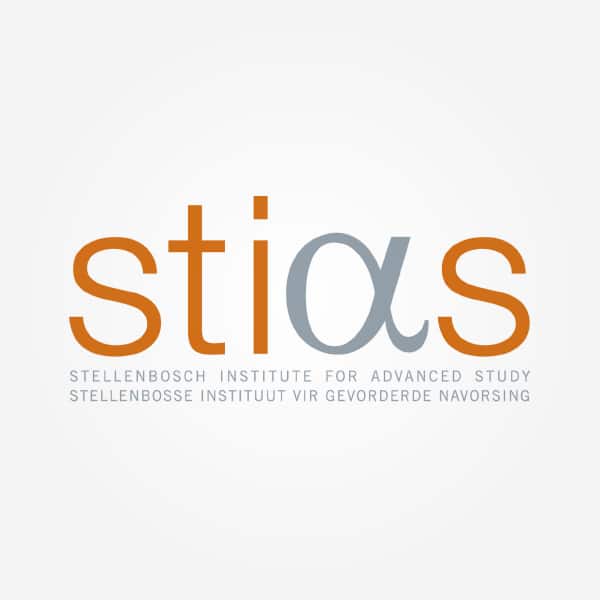The problem of how to marry constitutional democracy with traditional authorities in the postcolonial context is not unique to South Africa and has been substantially explored in other contexts. This exploration has been informed in part by the resurgence of traditionalism and of chiefly power across the continent.
In South Africa as in many other African countries, the well-being of rural people is linked to the power wielded by institutions of traditional leadership which have in recent years received a massive boost from the government through the devolution of local governing responsibilities to them. These moves raise difficult questions for the future of democracy in South Africa, for the well-being of people and for the complexity of what it means to be human today. This project will explore the complexities of traditional leadership, economic development and human well- being over a period of two hundred years in the Gwatyu region of the eastern Cape. It hones in on a now scattered community which was stripped of its chieftaincy in 1852 only to have it reinstated in 2003 and raises questions about the way in which people have navigated deep political and economic changes over time. The Gwatyu, once part of the Tambookie location became a white farming area for over a hundred years. In the mid-1970s, the area was handed over to the Transkei. Today it is overcrowded, impovershed and populated by large numbers of failed workseekers. The local traditional authority which is required to oversee its development and the well-being of the people living in the area appears to experience great difficulty in finding a way forward. At the same time, chiefly politics across the wider region absorbs the energies of those whose task it is to lead development.
This study aims to develop a deep historical understanding of current challenges in the eastern Cape region and to demonstrate that economic modelling without history lacks complexity and so yields little that can inform policy or development initiatives.

